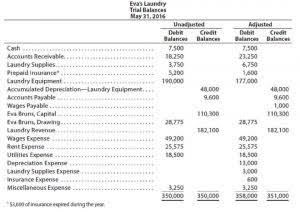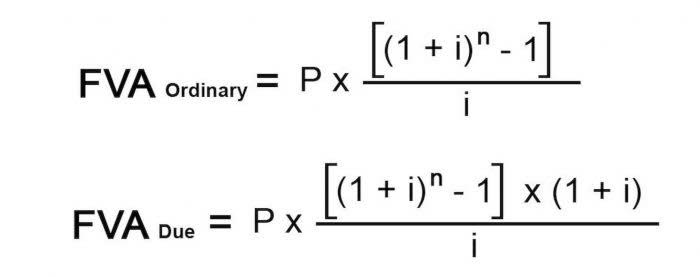
The problem was that while the total was accurate, it did not tell that some of that money was restricted in use, giving a false sense of the actual financial condition of the company. In addition, the Restriction was to be identified as Donor Restricted or Board Restricted. So, I would like to help explain what designated funds are and how to use them in a way that benefits the church and is consistent with proper accounting methods for non-profit organizations. church chart of accounts With a Shoeboxed account, churches and nonprofit organizations can add unlimited free sub-users so staff members or volunteers can access Shoeboxed and collaborate on bookkeeping tasks. All revenue generated by the church goes back into the church or is reinvested to promote the church’s mission. Even with this different approach to accounting, churches must follow the generally accepted accounting principles (GAAP) and comply with all IRS requirements.

What Makes It Specific to a Church?

Church bookkeeping should be a top priority for every congregation, especially considering the implications effective bookkeeping has on your church’s financial management and legal compliance. To ensure your books are accurate and compliant, outsource the task to a professional who can navigate the complexities of your finances. We’ll cover everything you need to know about bookkeeping for churches, including benefits, best practices, https://www.bookstime.com/ and tips for outsourcing. Whether you’re new to bookkeeping or want to upgrade your church’s financial management approach, we’ll equip you with the knowledge you need to be successful. While your church’s main focus is its ministry, orderly finances are necessary for any organization to operate effectively. These requirements determine how church finances are allocated into specific “funds” within their financial systems.

Tool #2: Church Bookkeeping Software
Discover essential church accounting practices to enhance financial management, ensure compliance, and improve transparency in your religious organization. Churches collect funds from several sources, not just offering and tithing. Because of this, church accounting is very similar to that of other nonprofits. You’ll need a bookkeeper, accountant, and accounting software to ensure you meet IRS requirements and build trust with your parishioners.
Segregation of Duties for Handling Cash Receipts
The software should also handle administrative work, like incoming and outgoing payments, and budgets. For this reason, you need church accounting software designed to handle fund accounting. Extra benefits in a platform include giving tools and presenting your data concisely to those who have given.

This report provides valuable insight into how your church allocates resources across different ministries. First, consider past income and expenses, tithing trends and ministry goals. Regularly review your budget and how it compares to your actual spending. This guide will equip you with the essentials of church accounting, helping you manage your ministry’s finances with transparency and responsibility.
- There’s a lot to consider when handling other people’s money, and you’re right to take your church finances seriously.
- It provides a snapshot of your financial performance, showing whether your church is operating at a surplus or deficit during that time.
- For this reason, you need church accounting software designed to handle fund accounting.
- Nonprofits focused on accountability have different goals than organizations concentrated on profit.
- This lack of trust may spring from many factors, but one that stands out is how churches use the funds they receive from their congregants.
